Despite the upheavals of 2020, certain principles have remained the same – solid ground on which leaders can build winning, socially influential organizations. In this edition of the Future of Work podcast, Jacob Morgan discusses 14 of these principles. The COVID-19 pandemic has accelerated some and highlighted the importance of others. All remain relevant and crucial to the success of future organizations.
Organizational structures will become flatter and more geographically distributed.
Information, ideas and communication need to flow, and collaboration needs to take place, in all directions within an organization – top down, bottom up, and side to side. To ease these flows, the familiar pyramidal hierarchy will give way to a flatter – but not flat – structure as companies reduce the number of layers between the chief executive and frontline workers. A flatter structure will boost connection, agility, nimbleness, speed, insight, and purpose and meaning within the organization.
At the same time, teams will become smaller while companies also shift away from collocation – workers concentrated at a few global offices – to spread them out around the world. Organizations will benefit from access to a larger pool of talent, and workers will enjoy greater choice in employment.
Organizations will continue to grow in agility and adaptability, becoming more innovative and “intrapreneurial.”
As the world continues to move faster and faster, organizations need to be able to look forward and act swiftly and with initiative: Time doesn’t allow for waiting to see what...
The Future of Work podcast features in-depth discussions with senior executives and business leaders around the world on the future of work. Jacob Morgan is a trained futurist, founder of the Future of Work University and creator of The Future If, a global community of business leaders, authors and futurists.











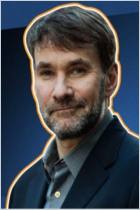
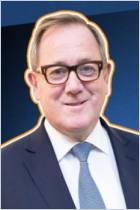
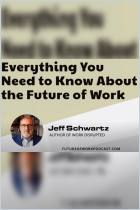
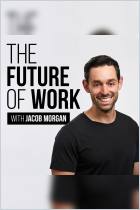
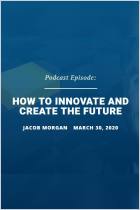
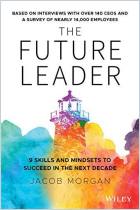
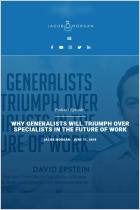
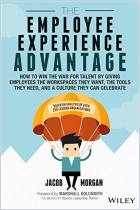
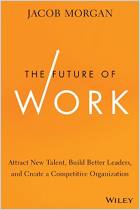
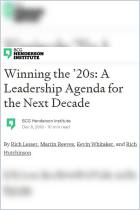
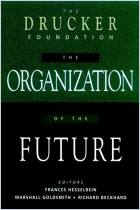
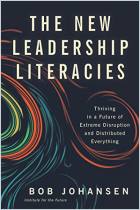
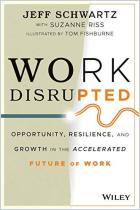
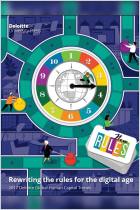
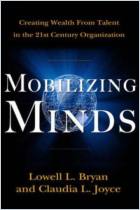




Comment on this summary